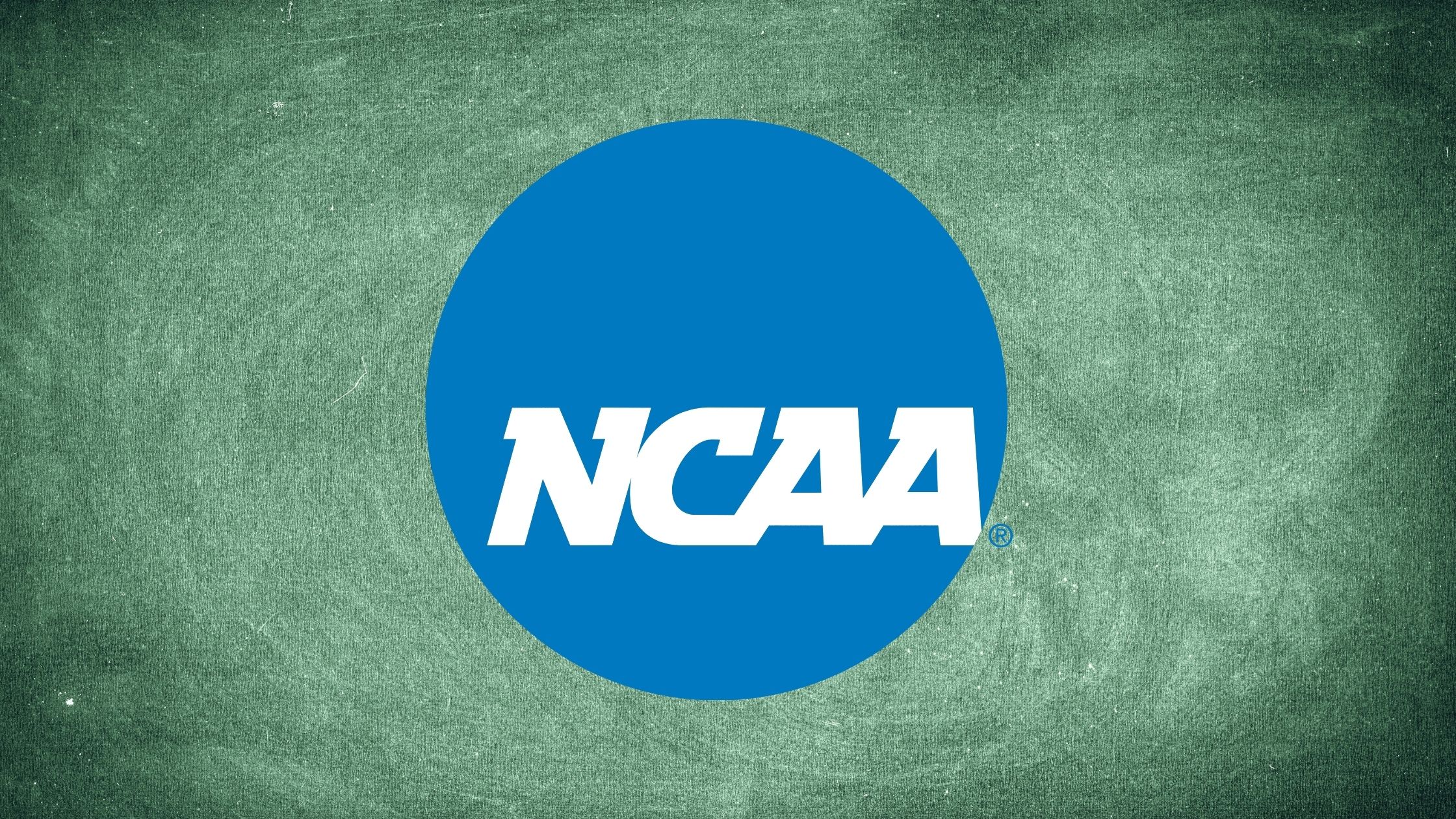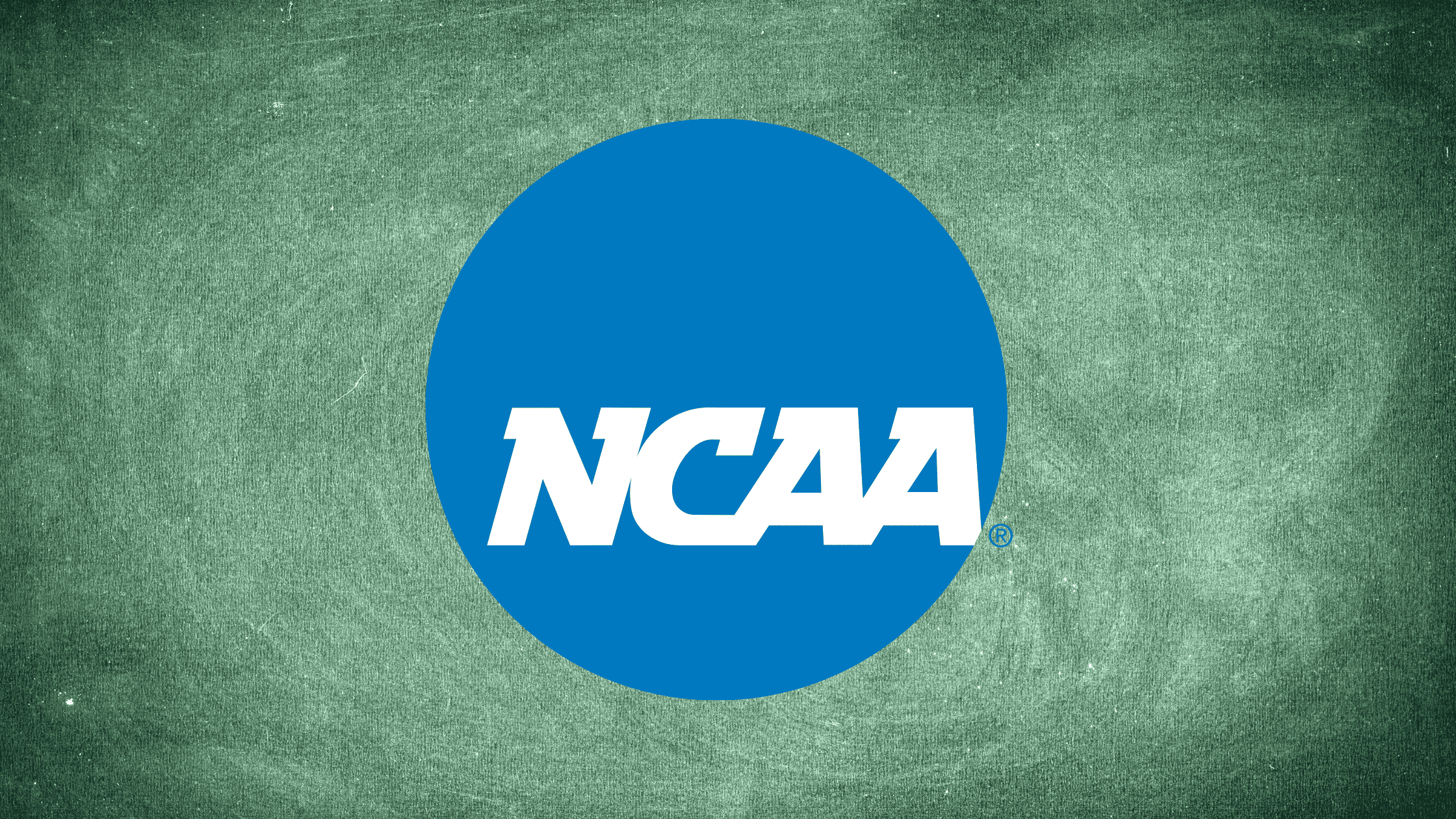What is the NCAA Institutional Request List (IRL)?
Updated on Apr 15, 2024

While thousands of high school student-athletes register with the NCAA Eligibility Center every year, many of them are never reviewed by the NCAA. Just creating an account with the NCAA is not enough to play college sports. College coaches must request that your file be opened. If a college coach does not request your file be opened by the NCAA, the NCAA will not begin or complete an eligibility review of your academic status to play college sports.
Honest Game has broken down the steps for student-athletes to ensure their NCAA account has the best chance of being reviewed by the NCAA Eligibility Center and potential college coaches.
In addition to prospective student-athletes registering with the NCAA Eligibility Center, those looking to compete at an NCAA Division I (DI) or Division II (DII) institution are also required to be placed on a school’s Institutional Request List (IRL).
When a college activates a college-bound student-athlete to their IRL, the NCAA Eligibility Center is informed of the institution’s interest in obtaining an academic and amateurism certification for the student-athlete. Additionally, all prospective DI and DII recruits must be placed on each school’s IRL in order to take their official campus visit, receive an athletic scholarship, or sign a National Letter of Intent (NLI).
When the college coaches are recruiting you, they ask their compliance office to add you to their IRL. This is the coach’s way of telling the NCAA that they are serious about recruiting you and to begin reviewing your file.
How to Be Placed on a School’s Institutional Request List (IRL)?
Although there are no additional forms or documents to fill out to satisfy the IRL requirement, the process can be confusing. To be placed on an IRL list, you must first register with the NCAA Eligibility Center and pay for a Certification Account. If you only have a Profile page and do not pay for a Certification Account, you can not be added to an IRL.
The next step is to contact the coach of a college or university that you are interested in and ask the coach to place you on his Institutional Request List. If you’re already having recruiting conversations with coaches, they may have already requested their compliance office to add you.
Student-Athlete Info to Send to a Coach:
- Student’s first and last name
- NCAA ID (from the NCAA Eligibility Center Profile Page)
Once a coach requests that their compliance office places you on their IRL list, this notifies the NCAA to review your application to see if you’ve met the academic and amateurism requirements to play your sport at the DI or DII level. After being placed on a school’s IRL, your file is open to be reviewed for coaches at other colleges to see as well.
Even if you don’t end up playing at the school that initially placed you on their IRL, you have to be on a school’s IRL to take a recruiting visit or sign their National Letter of Intent.
Honest Insight: In order to be cleared by the NCAA Eligibility Center, a student-athlete must meet minimum academic requirements typically by using a combination of a student-athletes SAT/ACT test scores, high school coursework, and their GPA – as calculated using what is called the “NCAA Core GPA.”
The minimum GPA needed to be eligible for NCAA Division I sports is a 2.3 NCAA core GPA. At the NCAA Division II level, a 2.2 GPA is needed in order to be eligible.
Be sure to register at the NCAA Eligibility Center website as soon as possible and begin the process of contacting college coaches. If you wait too long you may miss your chance to be cleared on time.
In the past, athletes have been accepted to schools and given promises of early playing time. However, because they delayed their NCAA Eligibility Center registration, they were denied entry into their chosen university because their NCAA Eligibility Center forms had not been processed on time.
What Year in School Does the IRL Process Begin?
A coach can request you be placed on their IRL as soon as they can begin recruiting you and speaking in person.
How Do Student-Athletes Contact Prospective Coaches to Be Placed On Their IRL?
Emailing coaches is always a great way to ask to be placed on their IRL. You can also mention it if they are watching you live in person or calling you on the phone.
How Many School IRLs Can a Student-Athlete Be Placed On?
You can be placed on numerous IRLs but can only sign one National Letter of Intent.
Do College Transfer Students Need to Be Place on an IRL?
No, you do not need to be on an IRL to Transfer from one college to another, since you already were placed on an IRL to play at your first school. However, you will need to enter the NCAA Transfer Portal if you are at DI or DII school. If you are attending a junior college, you need to have an NCAA Certification Account to transfer to a 4-year school.
What Happens if a Student-Athlete Doesn’t Get Placed on an IRL?
Their file will not be reviewed by the NCAA and they will not be eligible to compete at the DI or DII levels.
Do NCAA Division III Student-Athletes Need to Get on an IRL?
NCAA Division III student-athletes are not required to be placed on a school’s IRL and do not need to register through the NCAA Eligibility Center. However, they can register for a free Eligibility Center Profile Page.
Does the National Association of Intercollegiate Athletics (NAIA) Require Students to Be Placed on an IRL?
While there are some similarities between the NCAA and NAIA, the NAIA Eligibility Center does not require prospective student-athletes to be placed on a school’s IRL. However, all students interested in competing at an NAIA school must still register online with the NAIA Eligibility Center and receive an eligibility determination. This applies to high school seniors and transfers from both two- and four-year colleges.
Have more questions about the college commitment process? Honest Game Counselors are available to provide one-on-one assistance to support student-athletes in navigating post-secondary opportunities athletically and academically. Schedule a time to meet virtually with our experts.

As a former Senior Associate Athletic Director at the NCAA Division I level and with more than 20 years of experience in collegiate athletics, Courtney has advised thousands of student-athletes through the college recruiting and eligibility process for college sports. Interested in virtual counseling with Courtney? Sign up here.



